Special Sessions
Special Session on Industrial Internet of Things
Organizer:
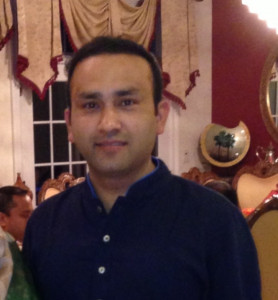
Abusayeed Saifullah, Iowa State University, USA
Invited Speakers:
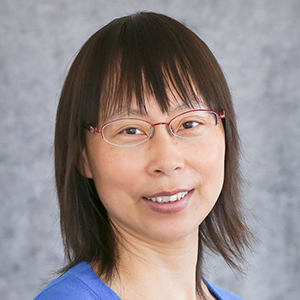
Qi Han, Colorado School of Mines, USA

Octav Chipara, University of Iowa, USA
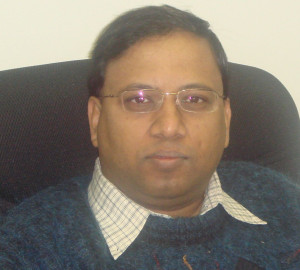
Sanjay Madria, Missouri University of Science & Technology, USA
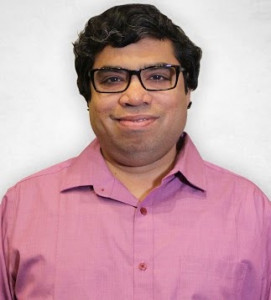
Nirmalya Roy, University of Maryland Baltimore County, USA
Summary:
Massive data is being collected from spatially distributed devices and processed enabling IT-based management systems. This paradigm of data collection and processing for IT systems is often referred to as the Internet of Things (IoT). When adopted to industrial applications or requirements like robustness, reliability, security and real-time systems, it is often called Industrial Internet of Things.
While industrial communication systems today primarily consists of legacy systems such as HART, FIELDBUS Foundation, CAN and Profibus, the need for wireless communication is steadily increasing in many industrial applications. In order to fully exploit the potentials offered by wireless communication for monitoring, control and automation applications, there is a further need for time-constrained communication protocols that provide bounded latency together with high reliability, security, or energy efficiency. Furthermore, industrial settings pose a highly dynamic and challenging wireless environments. There is a critical need to disseminate, streamline and investigate research findings coming from several different application domains, namely from factory automation to industrial process monitoring and control, from traffic, environmental, building and structural monitoring to mobile robotics, from vehicular communication to energy management and healthcare applications. This need is especially driven by the industry interest in enabling large-scale wireless deployments for the sake of flexible, competitive and cost-efficient production.
The goal of the special session is to attract papers attacking the important research issues in development, adoption and applications of industrial wireless and Internet-of-things.
Special Session on Communication and Computation for Smart Cities
Organizer:
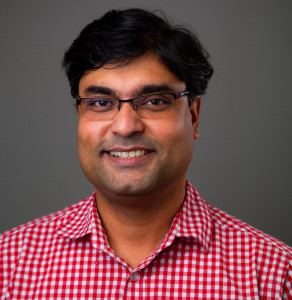
Md Yusuf Sarwar Uddin, University of Missouri Kansas City, USA
Invited Speakers:
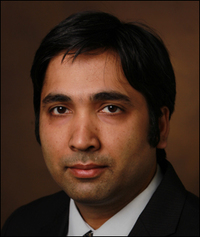
Abhishek Dubey, Vanderbilt University, USA
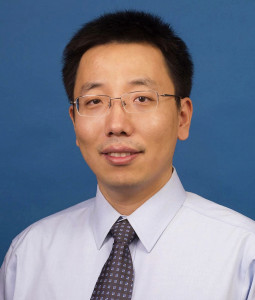
Dong Wang, University of Illinois Urbana-Champaign, USA
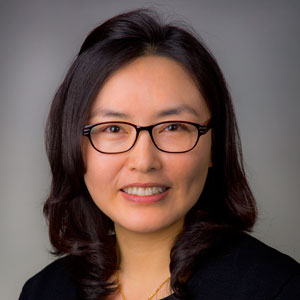
Baek-Young Choi, University of Missouri Kansas City, USA
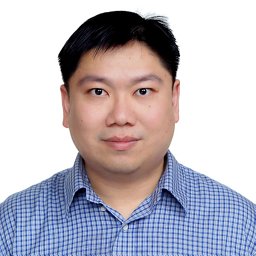
Cheng-Hsin Hsu, National Tsing Hua University, Taiwan
Summary:
The United Nations anticipates that city dwellers will be near double by next 30 years and 68% of the world population will live in urban/city areas. This will ultimately entail issues related to urban living, such as well-being, mobility, safety, and the environment. Cities will progressively become “smarter” by instrumenting their physical spaces and assets with sensors powered with computing and communication capabilities, thus generating massive amounts of data to be acquired, analyzed, and disseminated to a larger number of city dwellers. Consequently, future cities will be an instance of large scale cyber-physical-human-societal systems that would integrate physical spaces and the environment along with their human participants and social entities into an integrated communication and computing fabric that will encounter multi-facet challenges in the areas of, including not limited to, efficient communication and high-end computing, scalable and resilient physical environment, and reliable human-centric computation and social sensing (towards realizing the so-called smart and connected cities). In this special session, three leading experts in the area will highlight their own research experiences, will discuss recent research trends, and will provide insights into interesting challenges that can be perceived in the context of futuristic smart city initiatives.
Special Session on Mobile Health (mHealth)
Organizer:
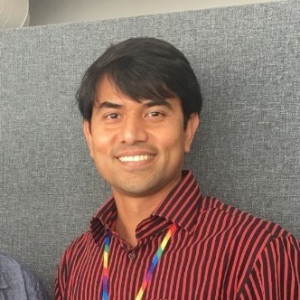
Md Mahbubur Rahman, Staff Research Engineer, Digital Health Lab, Samsung Research America, Mountain View, California, USA
Invited Speakers:
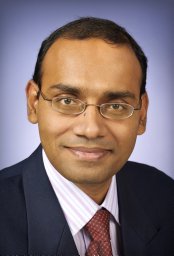
Santosh Kumar, University of Memphis, USA
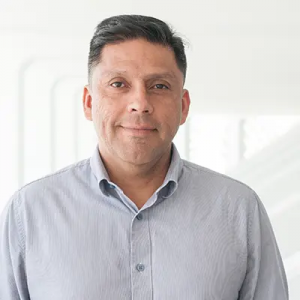
Jaimes Luis, Florida Polytechnic University, USA
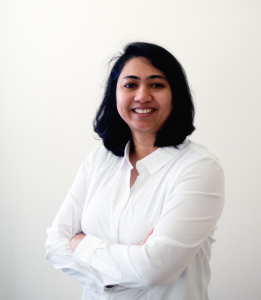
Bashima Islam, Worcester Polytechnic Institute, USA
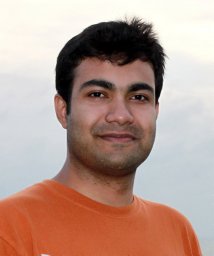
Yasser Khan, University of Southern California, USA
Summary:
Increasing the capabilities of the healthcare system to support diagnosis, treatment, and prevention of disease is a critical societal priority. The proliferation of mobile devices such as smartphones, smart wearables, and their multi-modal sensing capabilities create tremendous opportunities for developing remote, non-invasive, easy-to-use methods for continuously monitoring health and behavior in daily living. Tremendous advances in expanding computing capabilities including sensors, networks, and data analytics have enhanced health research and are gradually shifting the traditional healthcare paradigm from reactive to proactive. Passive monitoring through users’ mobile devices enables personalized interventions responsive to a person’s environmental, social and psychological context. This type of adaptive intervention has tremendous potentials for behavior improvement such as improved nutrition, exercise, and sleep, and the cessation of harmful behaviors such as smoking.
In this special session, leading experts in the mHealth area will highlight their own research experiences, recent trends, and provide insights into interesting challenges related to data acquisition, data quality, design and deployment of mHealth systems, model interpretability, and data security.
Special Session on When AI Meets Security and Privacy
Organizer:
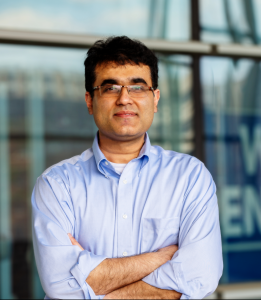
Syed Rafiul Hussain, The Pennsylvania State University, USA
Invited Speakers:
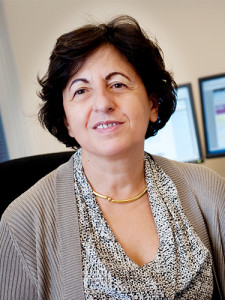
Elisa Bertino, Purdue University, USA
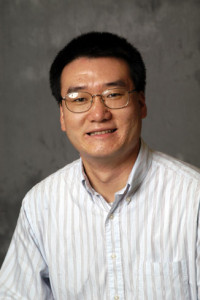
Ninghui Li, Purdue University, USA
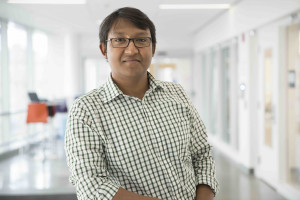
Anupam Das, North Carolina State University, USA
Summary:
Advances in artificial intelligence (AI) have empowered us to harness its unceasing capability to untangle critical security and privacy problems, including monitoring, preventing, and diagnosing cyber threats against critical infrastructures of a nation. As AI techniques are widely being adopted, security and privacy vulnerabilities deeply lurking in those advanced techniques have exposed looming threats that can negatively impact the security of AI-powered systems and the privacy of their users. The primary goal of this special session is, therefore, to present novel and cutting-edge research on AI for security and privacy, and security and privacy for AI, discuss recent research trends and opportunities, and new challenges to ensure robust security and privacy postures of AI techniques and AI-powered systems.


